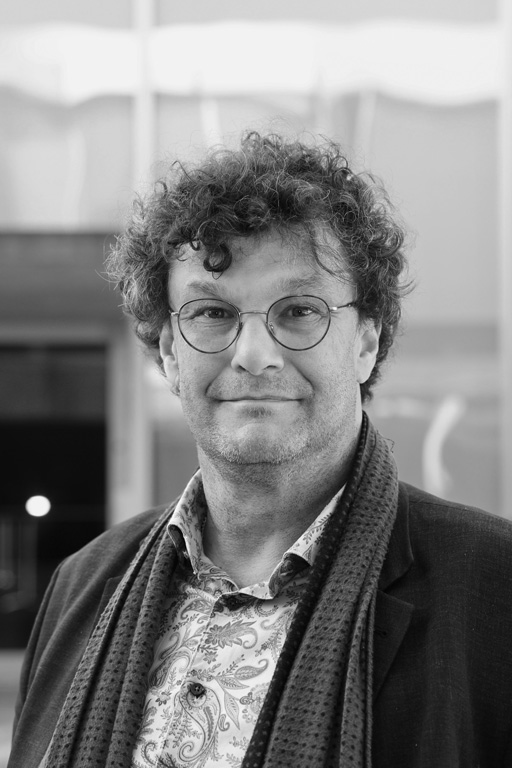How neighbourhoods debate responsible urban development
In the past decade, urban densification projects have been the locus of a renewal of neighbourhood resistance. These mobilizations open up conflicts and controversies about what is considered a responsible distribution of housing, what is a viable density and which neighbourhoods are to accommodate such development.
Hence, the need to respond to population growth while limiting urban sprawl by densifying the city is confronted with the imperative of developing green neighbourhoods that can mitigate urban heat, accommodate a rich and diverse social scene and remain attractive for housing. It opens up new political arenas around the ideals of a “compact city”. On one side, some associations are promoting anti-immigration and anti-European discourses (Huber, 2023) in what Audikana and Kaufmann term “green populism” (2021). Other, criticizing the ecological compromises of large, dense projects as fostering a neoliberal conception of sustainability (Swyngedouw et al., 2002), work towards alternative neighbourhood models that would foster relations of hospitality and care with newcomers and the natural world (Hilbrandt et al. 2023). These contentious moments are also the occasion of new alliances such as the ones between small private owners association and radical ecological activists. Studying them will allow us to investigate new justifications and repertoires of collective action as well as the contemporary reconfiguration of urban movements and, more broadly, the divide between the right and the left.

